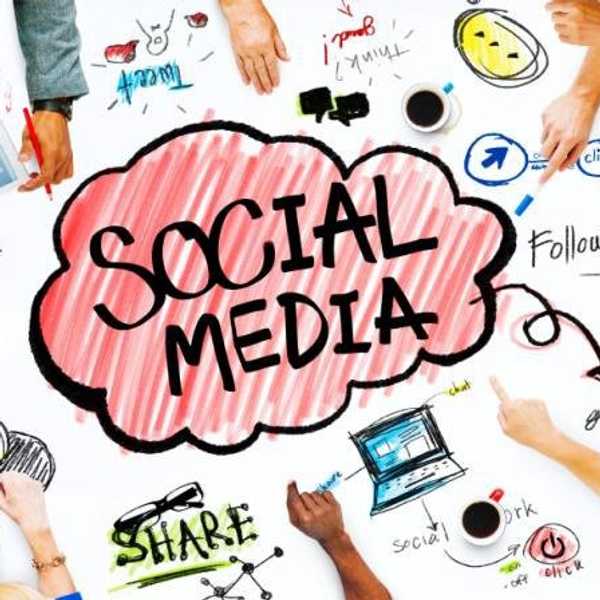As I am sitting in my dorm room with six of my friends, I look up from my computer and realize that every single one of us is on our phones. One friend is watching Snapchat stories, another is viewing her current Backflashes, and a third is scrolling through her Instagram feed. I happen to be double-fisting—one hand on my computer writing my political science paper and the other hand on my phone checking my Facebook updates.
Other than the background music coming from one of the phones, the room is silent. There is no meaningful conversation. The only noises out of our mouths are our comments on something we are viewing in the virtual world.
When did our world become so digitalized? What happened to sitting in a circle on the floor with our friends, gossiping, and actually looking at each other? When did we become so self-absorbed that we believe our lives are important to the rest of society? Why is what other people are doing so important to us? Why do we have this gnawing need to be liked and to know what is going on in other people’s lives?
Our collective obsessions with having to always be connected is frightening. We are “friends” with people we don’t really know, and we know more about what they did over the weekend than their own parents know. We follow celebrities on Instagram and Snapchat just to see what’s trending. But why do we care? Why do we obsess about what other people are doing when we barely know how to survive in the real world?
These questions can be answered simply. We, as a technological driven generation, never learned how to cope without our devices and social media apps. Our generation lacks the ability to have personal conversations with our peers without constantly checking our phones. We grew up on hand-held electronic devices from Razor phones, to iPod touches, and now our smartphones. Our social skills never fully developed as we take the opportunity to escape personal contact and lower our eyes to the worlds within our phones.
As technology continues to advance, we are able to see and do more with our devices, and our interpersonal connections and intimate relationships will continue to suffer. We will continue to be engrossed with other people’s lives, which could lead to heightened social anxiety and depression. The more we see in the virtual world, the more we yearn to have what we believe others have, without really knowing if those lives are real or just created for the internet.
Like a new drug, the digital world may seem fascinating, but it is only harming us in the long run. We find ourselves having the constant, toxic effects of social media anxiety, poor body image, and the always present FOMO. To combat this evil, I propose that we resolve to put down our phones, talk face-to-face with our peers and family, and stop worrying about what Kylie Jenner is doing on a Friday night. We need to reverse the counterculture and “turn off, tune out, and drop in.” At the end of the day it doesn’t matter how many likes you get on an Instagram or who likes your newest profile picture, but how you feel about yourself.
Our generation is already falling victim to the ills of social media. It is up to us to reverse the flow, and to do what we can so that it does not happen to our younger siblings and our children. We need to take a step back from the pixelated world and unplug in order to better ourselves in all respects.




















